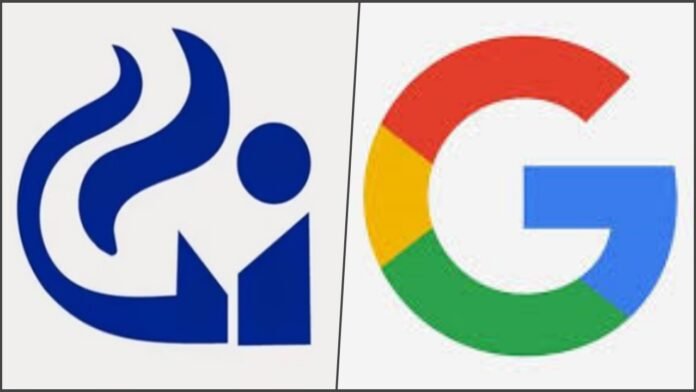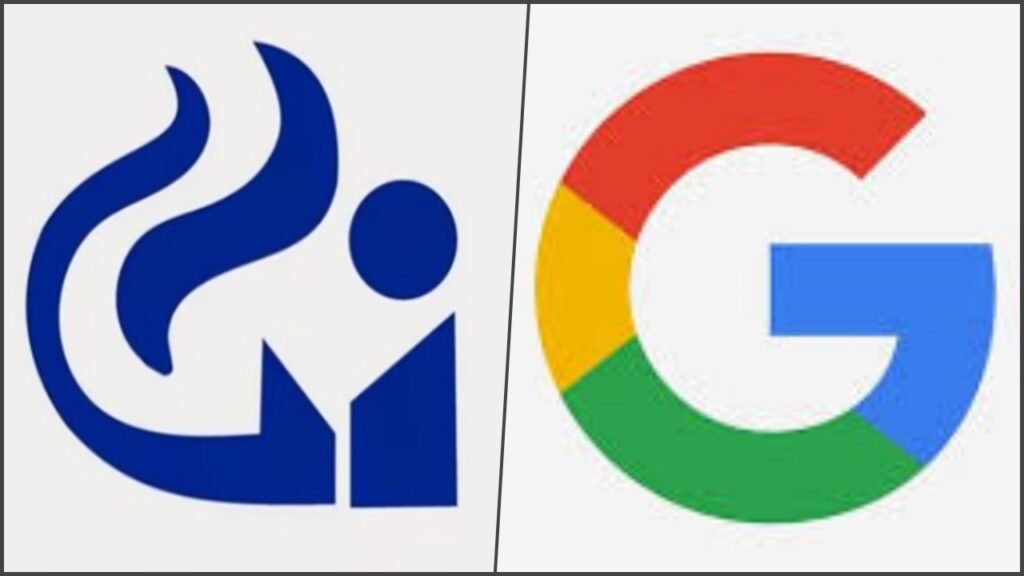
New Delhi: A legal tussle is going on between Google and the Competition Commission of India (CCI). CCI found in its investigation that Google is bullying in the Android ecosystem and its behavior is not compatible with the competition. CCI imposed a fine of Rs 1338 crore on Google. When Google objected to this fine, the matter reached the National Company Law Appellate Tribunal (NCLAT), and the tribunal upheld the CCI’s decision. Now Google has reached the Supreme Court against this decision.
The battle between Google and CCI is one of the most high-profile legal battles in the world. Governments of many countries are keeping an eye on this legal battle. Let us know what is the fight between the two and what will be its effect on the common Android user. Explain that 97 percent of India’s smartphone users use Android devices.
What is Google vs CCI case?
In October 2022, CCI imposed a fine of Rs 1337 crore on Google in two separate cases. CCI accused Google of taking advantage of its dominance in the market. Both cases were related to anti-competition practices. Anti-competition practice means working in such a way that competitors do not get a chance to flourish.
Along with this fine, CCI imposed many conditions on Google, due to which Google got irritated more. You must have noticed that when you buy an Android phone or any device, most of Google’s apps are pre-installed in it. The CCI called this practice of Google wrong and said that it cannot force phone manufacturers to pre-install their apps in exchange for licensing Google Play. The CCI also said that Google will not prevent app developers from side-loading their apps, that is, distributing them from outside the Google Play Store.
Many Google apps come pre-installed on Android phones. CCI has said this wrong
The CCI, while giving the verdict, had said that Google has misused its dominance regarding licensing of its operating system i.e. Android for smartphones, app store market, web search services, and even video hosting platforms. CCI had said, “Competitors of these services will never get the level of market access that Google has achieved for itself. The Mobile Application Distribution Agreement (MADA) and status quo bias have created an entry barrier for competitors.”
Google challenged the decision of CCI
Google said that Google takes full responsibility for the Play Store. He scans the apps for malware, along with that he places the apps in the Play Store according to the local law. If the apps start sideloading then Google will not be able to check them. Along with this, Google said that if unverified apps are downloaded to devices, then a large section of Indian users can be a victim of hacking and fraud. It can be dangerous for personal as well as national security.
Along with this, Google had said that if OEMs are allowed to provide apps to users without Google Play, then they will work on Fork Android, which means they will work on their own modified version of Android. This version will be different from the official Android and it will not be able to provide the safety features that Android has been giving to its users. OEMs will have to add additional safety features, due to which the financial pressure will increase on them and the result will be reflected in the prices of the devices.

Google is accused of misusing its dominance in the Android ecosystem.
Google claimed that if the CCI order is accepted, app developers will have to spend more, as they currently develop apps for one version of Android. In the forked system, they also have to check whether their app is compatible with all the versions or not, if not, then they will have to develop the app according to that version. Google said that if the CCI order is followed, then small app developers will not get an even playing field. Big developers will create multiple versions of an app, but small developers will not be able to do so. While Android has equal conditions for both.
NCLAT decision and Supreme Court
Google had reached the Supreme Court against the decision of CCI. In January this year, the Supreme Court transferred the case to NCLAT. NCLAT upheld the fine imposed on Google in March this year. The tribunal said in its decision that Google tried to end the competition by misusing its dominance in the market. NCLAT said in its order that mandating the pre-installation of Google Mobile Suite amounts to undue pressure on the manufacturers, which comes under the purview of abuse of influence.
However, NCLAT gave some relief to Google from the conditions of CCI. NCLAT accepted Google’s stand to stop side loading. Along with this, CCI had ordered Google to share the Google Play Store code with device manufacturers, giving relief to Google from the tribunal. The tribunal gave Google 30 days to implement the rules and pay the fine.
Google has now appealed against this order of NCLAT in the Supreme Court. Google says that they want to put their side in the Supreme Court on how Android has benefited Indian users, developers, and manufacturers and India’s digital transformation.













































